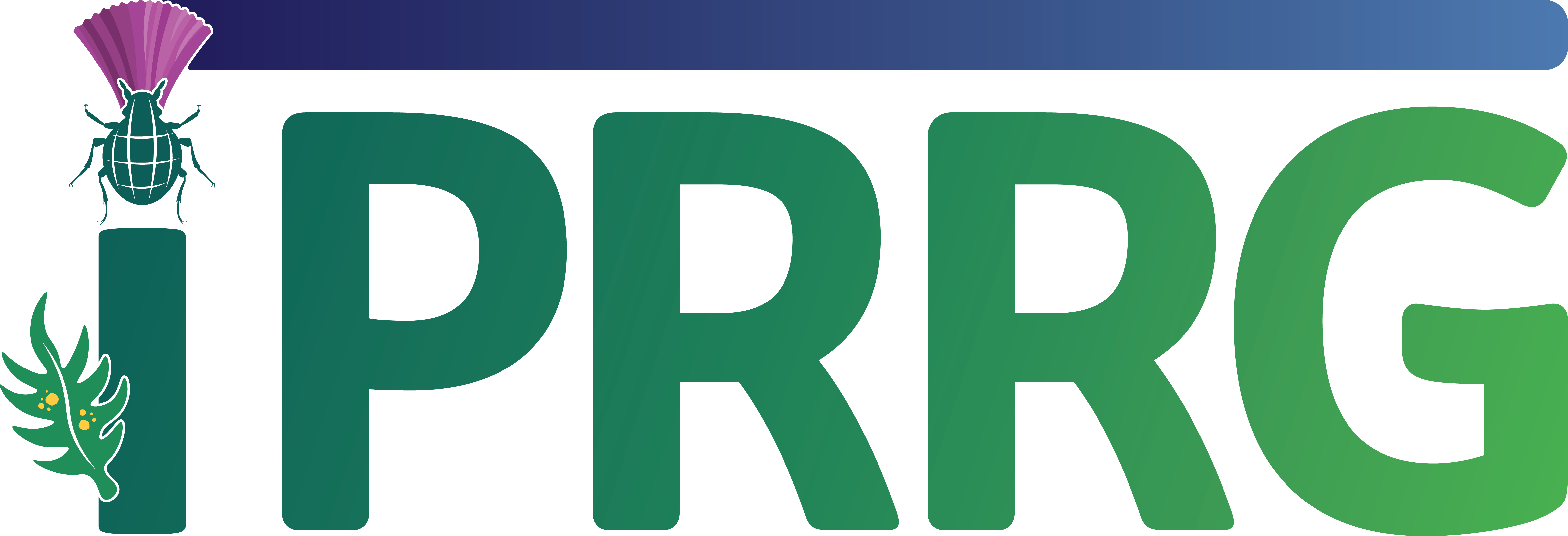Forum Replies Created
-
AuthorPosts
-
 Bruce WebberMember
Bruce WebberMemberInternational Pest Risk Mapping Workgroup – IPRMW – pronounced “i-p-r-m-w”
International Pest Risk Research Group – IPRRG – pronounced “i-perg”
International Pest Risk Modelling and Mapping Research Group – IPRMMRG – pronounced “i-per-ma-merg”
International Society for Pest Risk Modelling and Mapping – ISPRMM – pronounced “is-prim”Wow… I’m surprised – after all this time and careful consideration, these were the best four options available? With all due respect, we may be good at our science, but has anyone thought to consult a professional marketing person with this identity/name challenge?
And as an aside, shouldn’t ISPRMM actually be pronounced I-SPERM? Isn’t that a little off topic?
 Bruce WebberMember
Bruce WebberMemberI hope nobody minds if I throw in a few other elements to consider. As a fringe member of the group, I’ve always been a bit put off from more substantial engagement because although I saw lots of like minded people doing things I found really interesting, the name didn’t really fit with something I thought would be appropriate to attend on a regular basis.
1) ‘Mapping’ – I feel very strongly that if modellers are to produce output that is of greater use to end users and more reliable (our ‘best practice’ goal), then a map is just one of many tools they should use to present their findings. After all, mapping shows concepts in a geographical context, but what about all the other important contexts? What about the spatial/temporal elements of range/occupancy, such as in niche/covariate space? There are many other types of figures that we should also be including as essential output from our modelling efforts if we are to truly present useful models that are transparent and open to interrogation by people interested in using the output. Take a look at the ExDet tool for some examples of these other essential non-geographical ways we should be presenting our modelling. All of these graphical elements should be used together to convey overall risk/uncertainty for modelling. Stakeholders/clients may only know about and ask for maps now, but increasingly if we are to be doing our jobs well as modellers, we should be providing them with more than just maps. So my personal view is that ‘mapping’ is too narrow and not needed in the title.
2) ‘Pests’ – As a plant focused person, I felt a little on the outer with this term. I have never viewed a plant as a pest. In the circles I have moved in, unwanted taxa follow an animal = pest / plant = weed / microbe = pathogen lexicon. I recognise, however, that terminology varies considerably between countries, and that this is a global group of people. I also recognise that given point 3 below, it would be hard to have all three terms in a title, and of all three, pest is really the only term that is vaguely possible to apply as an ‘umbrella term’ over all three groups.
3) Despite all the discussion around which words to include, I think there definitely needs to be a change in the current title. This is purely from a marketing perspective. I think we are all becoming more aware of just how important marketing is in science these days, so both the content of the title and how it is pronounced is really important. Based on many common examples, if the title has to be pronounced as a string of letters rather than a word, it would be better to have it less than 4 letters long. If it can be pronounced as a word, then longer is probably OK, but the catchier the better. Given the above, IPRRG is preferable over IPRMW, but is there something better that we can find?
PS – Regarding Rob’s point above, given that most of us have research as a core element of the work we do, then I would like to think that ‘research group’ and ‘workgroup’ are relatively interchangeable in this context (i.e. both convey the concept of facilitating collaboration to solve problems), but perhaps I have misread the group in this regard?
-
AuthorPosts
